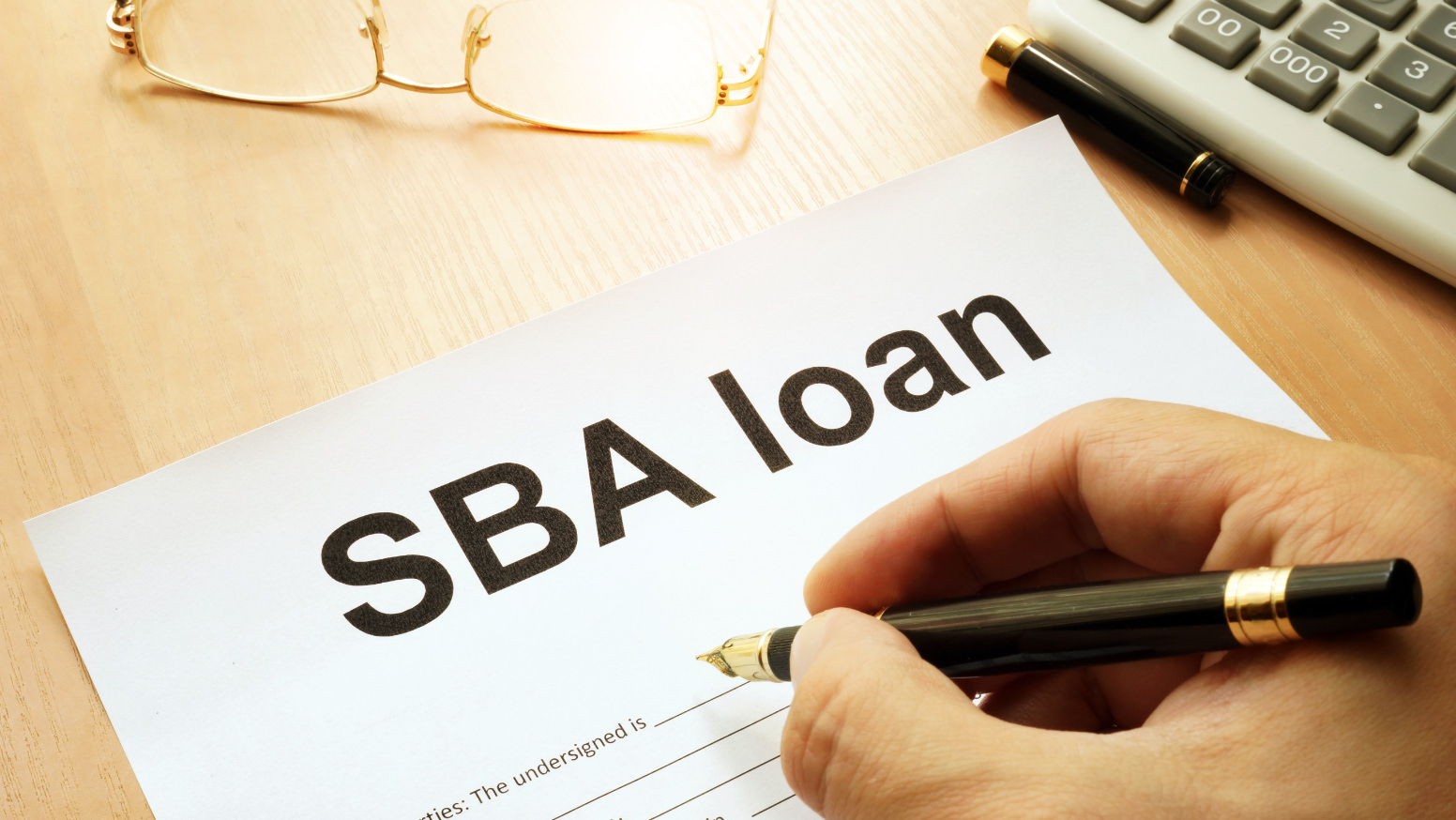Depending on whether you are in a community property state or not, all or part of your income may be liable for the debts of your spouse, even those incurred prior to marriage. However, you personally are not liable for his/her debts. Sometimes that is of small consolation. In the case of tax refunds, you may or may not be entitled to the return of that portion of the refund associated with your income or at least some part of it. In order to determine whether you might have rights, it is important to understand a few things:
Who is taking my refund and why?
The Treasury Offset Program (“TOP”) is a centralized offset program, administered by the Bureau of the Fiscal Service’s (“BFS”) Debt Management Services (“DMS”), to collect delinquent debts owed to federal agencies. Fiscal Service is a bureau of the United States Department of the Treasury. Under TOP, the names and taxpayer identifying numbers of debtors included in a federal database are matched against the names and taxpayer identifying numbers of recipients of federal payments, including, in this example, a tax refund. If there are matches, the tax refund is reduced (known as an “offset”) to satisfy the delinquent debt.
What is an Injured Spouse?
An injured spouse is an individual:
1. Who filed a joint tax return (Form 1040) and
2. All or part of the refund overpayment was, or is, expected to be applied to a past-due obligation of the other spouse and
3. The non-obligated spouse wants his/her share of the joint refund
Injured Spouse Eligibility Requirements
The injured spouse:
1. Is not required to pay the past-due amount, and
2. Will report the income, and/or
3. Will report payments
Form 8379 Injured Spouse Allocation
1. IRS Form 8329 is filed by the non-obligated spouse on a joint tax return
2. Filed only if the taxpayer owes a past due, legally enforceable debt owed to IRS or a debt administered by BFS
How to File Form 8379
1. Submit with jointly filed Form 1040
2. Filed by itself after offset
3. Filed with Form 1040X only if original return (Form 1040) is to be amended/changed to request additional injured spouse refund.
What should happen next?
With Non-Tax Debts such as defaulted SBA loans:
BFS will:
1. Confirm and verify Federal non-tax debt offset
2. Furnish creditor agency information
Creditor Agency will:
1. Provide debt balance and establish payment agreements
2. Refund any money taken in error
3. Remove a debtor or change status of debt from the FMS debtor database
This can be a very complicated area. If you have additional questions about a defaulted SBA loan owed by your former spouse and ongoing tax refund offsets, contact our SBA loan default attorneys at the Perliski Law Group at (214) 446-3934.

